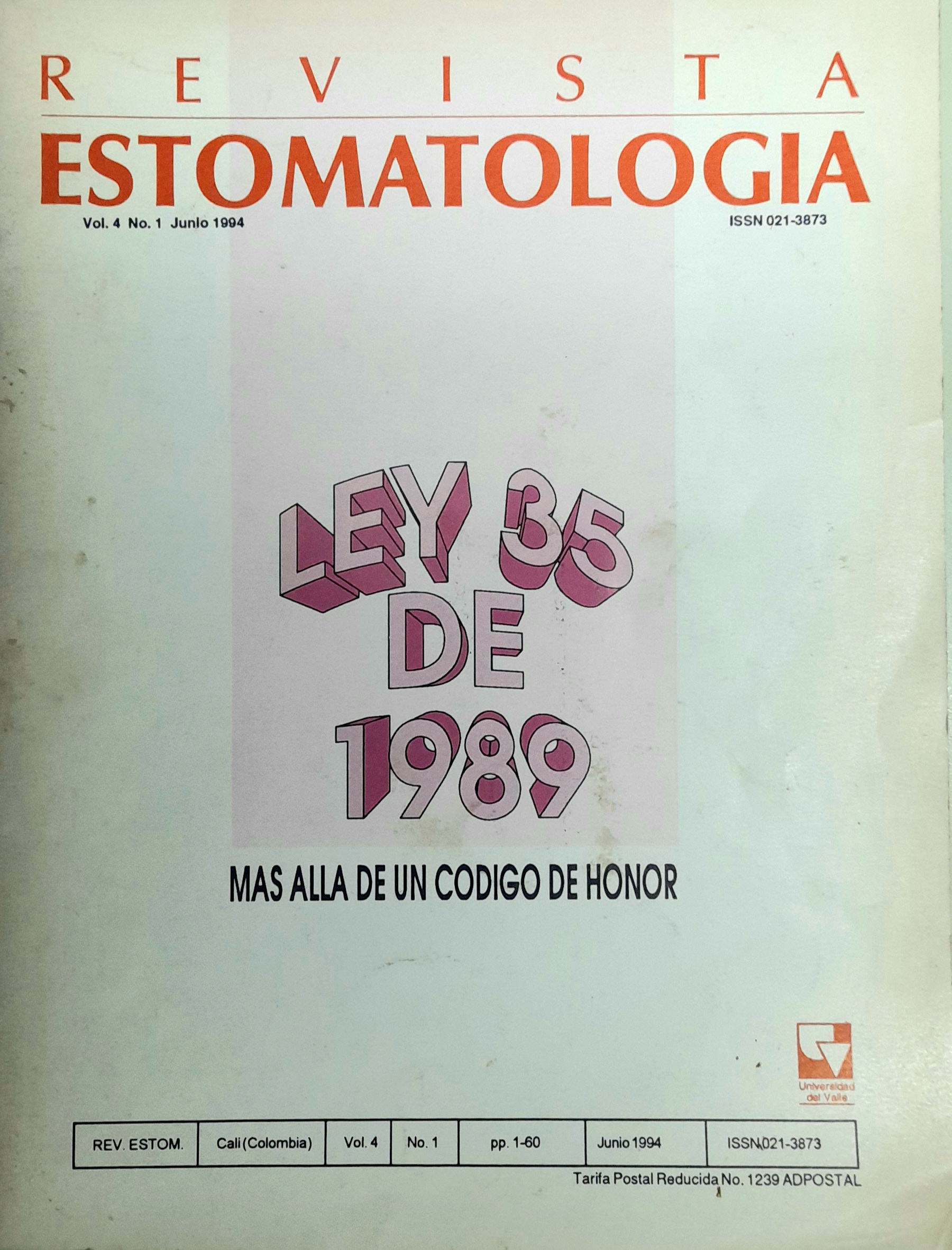La bioética: fundamentos filosóficos y aplicación Hans Martin Sass
Main Article Content
Medical ethics have traclitionally been guided by principIes based on classical philosophical ideas about the place of man in nature, his relation to God, health, and disease, and on the epistemological and methodological concepts of diagnosis, risk evaluation, and treatment. The virtues expected of a physician were to cause no harm, tomakepatients better, and torefrain from using his skills for manipulation or coercion. The good patient was supposed to trust the physician and follow the treatment. Today, technological progress and the advent of a pluralistic society that emphasizes the autonomy of informed patients make forr a much more complex and changing situation. How-ever, some pragmatic principies found in bioethical arguments may assist in resolving moral dilemmas. Sass proposes that a basis be sought in "intermediate moral principIes" that have found support in various ideologies and in complementary application of several models of doctorpatient hermeneutics and communication. Responsibility for health should be shared by physician and patient and founded on knowledge, mutual respect, and a combination of skill and ethics.
Downloads

This work is licensed under a Creative Commons Attribution-NonCommercial-NoDerivatives 4.0 International License.
Los autores/as conservan los derechos de autor y ceden a la revista el derecho de la primera publicación, con el trabajo registrado con la licencia de atribución de Creative Commons, que permite a terceros utilizar lo publicado siempre que mencionen la autoría del trabajo y a la primera publicación en esta revista.

